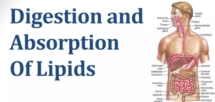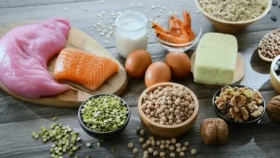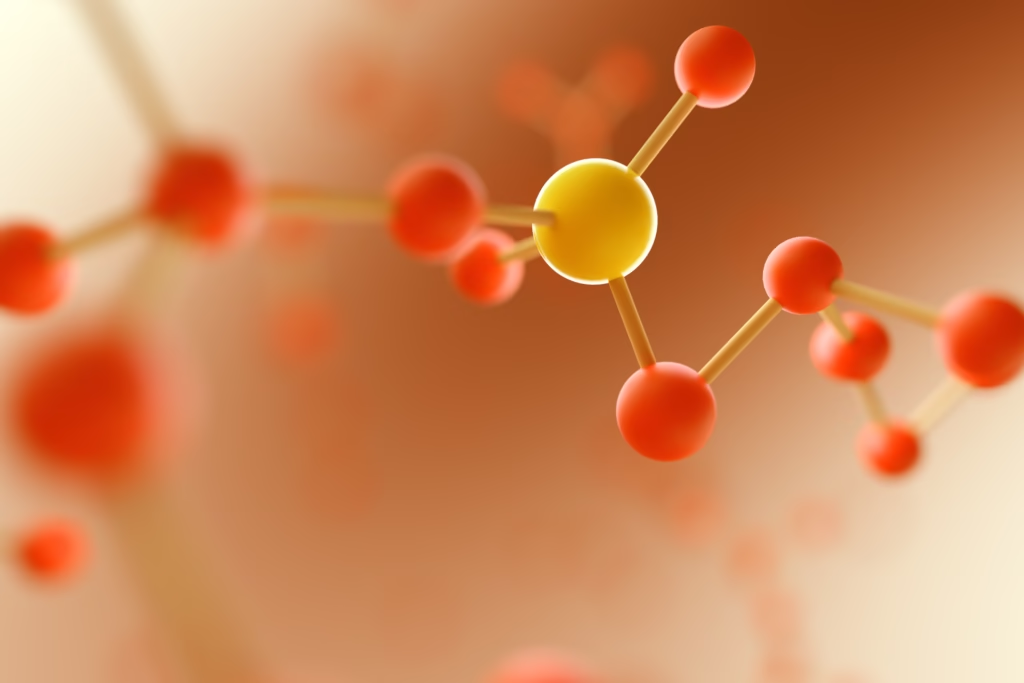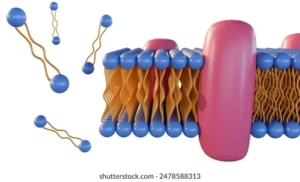
Introduction Lipids are an important dietary component that provide energy and help in absorption of fat-soluble vitamins. Due to their hydrophobic nature, lipids require bile salts and specific enzymes for Read More ……..
Simplifying Allied Health Learning.

Introduction Lipids are an important dietary component that provide energy and help in absorption of fat-soluble vitamins. Due to their hydrophobic nature, lipids require bile salts and specific enzymes for Read More ……..

Sources of Amino Acids Dietary proteins – obtained from food and digested into amino acids. Degradation of body (tissue) proteins – due to normal protein turnover. De novo synthesis – Read More ……..

Introduction Enzymes are biological catalysts—usually proteins—that speed up chemical reactions in living organisms without being consumed in the process. Definition: “Enzymes are biological macromolecules (mostly proteins) that act as catalysts Read More ……..

Introduction Proteins are the high molecular weight mixed polymers of α-amino acids joined with peptide linkage (-CO-N H-). Proteins are the chief constituents of all living matter. They contain carbon, Read More ……..

Definition Lipids are a heterogeneous group of organic compounds that are insoluble in water but soluble in nonpolar solvents (like chloroform, ether, benzene). They are composed mainly of carbon, hydrogen, Read More ……..